Green Soft Skills for transitioning towards a Sustainable Future
Green Soft Skills for transitioning towards a Sustainable Future
Are you curious about what green soft skills are and why they are at the heart of the transition to a sustainable future? Would you like to empower your students with these essential skills?
Course description
Green soft skills encompass a range of competencies, including environmental awareness, sustainable decision-making, and ethical leadership. These skills are essential in fostering a generation capable of addressing and adapting to the complex environmental challenges of our time.
The importance of green soft skills has been recognized at the highest levels of governance, particularly within the European Union. The EU's Green Deal, an ambitious initiative aiming to make Europe the first climate-neutral continent by 2050, underscores the critical role that these skills play. The Green Deal emphasizes the need for a comprehensive shift in our approach to education and professional development, advocating for the integration of sustainability into all aspects of learning and work.
For educators, integrating green soft skills into the curriculum is not just about preparing students for future employment; it's about instilling a mindset that prioritizes sustainability and ethical responsibility, to transform students into proactive and responsible citizens in a world that urgently needs innovative solutions to environmental issues. This is an opportunity to lead the way in education, ensuring that your students are well-equipped to navigate and positively impact a rapidly evolving global landscape.
The MOOC provides practical strategies and engaging content designed to equip educators with the tools needed to teach green soft skills effectively. You will gain insights into how to work in multicultural and multidisciplinary teams, to make ethical decisions, to reflect on their own learning, to communicate effectively, clearly and comprehensibly to their intended audience.
Project partners are the authors of this MOOC content. An AI video service has been used to produce the video lessons, through virtual avatars.
Total workload of the course: 12 hours
This MOOC is one of the outputs of the Erasmus+ SOFTEN project (No. 2022-1-PL01-KA220-HED-000085725). Contents has been created and realized by the partnership:
- Wroclaw University of Environmental and Life Science - (Poland);
- Inova+ Innovation Services (Portugal);
- Politecnico di Milano - METID Learning Innovation (Italy);
- Kaunas University of Technology (Lithuania);
- STIMMULI for social change (Greece);
- Turku University of Applied Science (Finland);
- THE ⅃AƆITIЯƆ Research & Design (Lithuania).
The MOOC is provided by Politecnico di Milano.
This MOOC is one of the outputs of the Erasmus+ SOFTEN project (No. 2022-1-PL01-KA220-HED-000085725).


Co-funded by the Erasmus+ Programme of the European Union
Funded by the European Union. Views and opinions expressed are however those of the author(s) only and do not necessarily reflect those of the European Union or the European Education and Culture Executive Agency (EACEA). Neither the European Union nor EACEA can be held responsible for them.
Intended Learning Outcomes
By actively participating in this MOOC, you will achieve different intended learning outcomes (ILOs).
- Define what soft skills are, recognize the main type of soft skills and their relevance in an increasingly global and dynamically changing world
ESCO: engage others in environment friendly behaviours - Describe the different categories of soft skills crucial to develop in STEM professionals to support green transition
ESCO: think critically ESCO: stimulate creative process ESCO: communication science ESCO: personal development ESCO: work as a team - Explore strategies to help students develop the green soft skills presented along the MOOC
ESCO: instructional strategies ESCO: apply teaching strategies - Internalize the concept of metacognition, and distinguish the different phases and functions of awareness, monitoring and control, and evaluation as the basis for improving the learning process in soft skills development (and in any context)
ESCO: advise on learning methods - Experiment with different strategies and methods to acquire knowledge, know-how, skills and competences
ESCO: use learning strategies - Share and exchange knowledge, resources and experiences with colleagues and peers
ESCO: digital communication and collaboration
Prerequisites
No prerequisite knowledge is required for this course.
Activities
Over and above consulting the content, in the form of videos and other web-based resources, you will have the opportunity to discuss course topics and to share ideas with your peers in the Forum of this MOOC. The forum of this MOOC is freely accessible and participation is not guided; you can use it to compare yourself with other participants, or to discuss course contents with them.
Section outline
-
-
-
WEEK 1 - Why green soft skills are so crucial for supporting green transition and sustainability.
-
WEEK 2 - How to develop self-reflection and metacognition skills in your students
-
WEEK 3 - How to develop critical thinking and creativity in your students
-
WEEK 4 - How to develop team management skills in your students
-
WEEK 5 - How to develop communication skills in your students
-
WEEK 6 - How to apply Experiential Learning and Design Thinking
-
Assessment
Your final grade for the course will be based on the results of your answers to the quizzes you will find at the end of each week (Weekly Quizzes). You have unlimited attempts at each quiz, but you must wait 15 minutes before you can try again. You will have successfully completed the course if you achieve 60% (or more) in each of the assessed quizzes. The maximum score possible for each quiz is given at the top of the quiz. You can see your score in the quiz on your last attempt or on the 'Grades' page.
Certificate
You can achieve a certificate in the form of an Open Badge for this course, if you obtain, at least, 60% of the total score in the graded quizzes and by filling in the final survey.
Once you have completed the required tasks, you will be able to access ‘Get the Open Badge’ and start issuing the badge. Instructions on how to access the badge will be sent to your e-mail address.
The Badge does not confer any academic credit, grade or degree.
Information about fees and access to materials
The course is delivered in online mode and is available free of charge.
Course materials will remain always available to all enrolled users.
Course faculty
Contents of this MOOC are developed by project partners as authors: In the video virtual avatars have been used to present them.
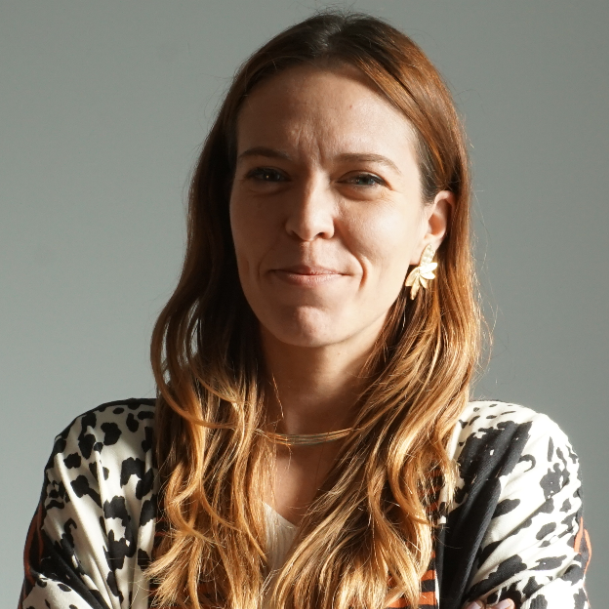
Cátia Barbosa
Cátia Barbosa is a Project Manager at Inova+, based in Porto, Portugal, specializing in sustainability and green initiatives. She leads impactful international projects (Erasmus+ KA2) like SYnC, Sohack, and Greencomp4hosts, focusing on advancing sustainable practices. With a Bachelor's degree in Criminology from the University of Porto, Cátia brings a unique perspective on how social issues intersect with environmental challenges. This helps her approach sustainability holistically, addressing both social inequalities and environmental needs.
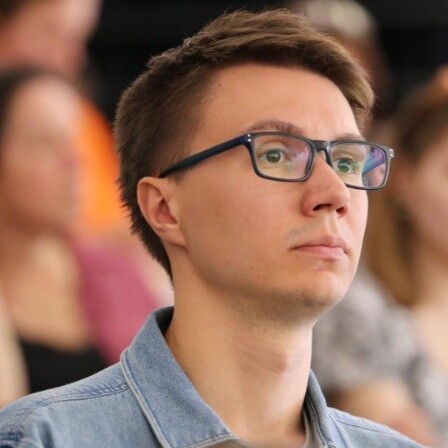
Tautvydas Bokmota
MHum in Heritage Studies and MSc in Spatial Planning, he is a researcher, trainer, and project manager at The Critical (Vilnius, Lithuania). His academic background in the humanities, social sciences, and physical sciences has shaped his focus on participatory research, public engagement, and sustainability. Tautvydas specializes in research utilizing qualitative social science methods and manages international projects. Outside of work, he enjoys heritage volunteering and hiking.
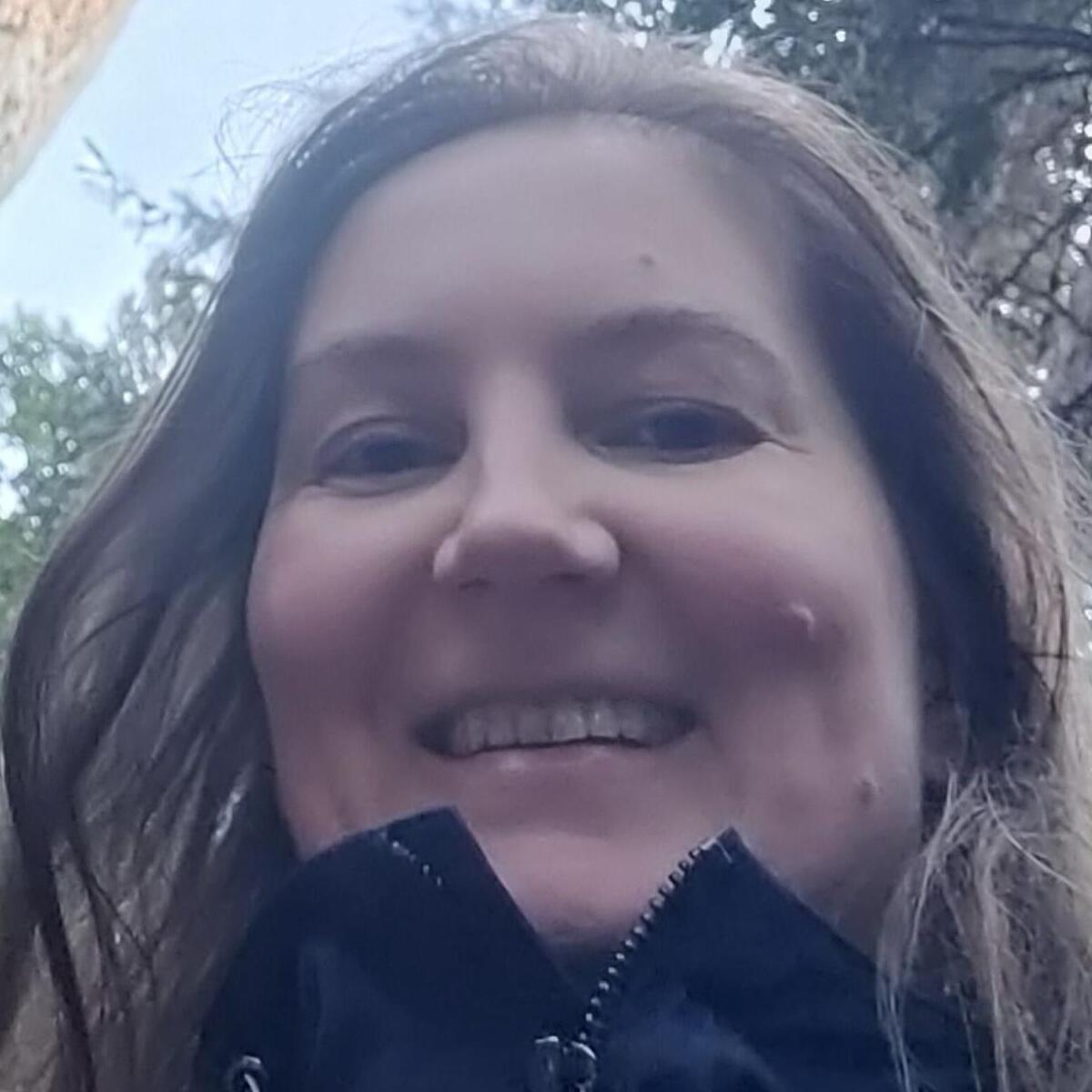
Paulina Budrytė
Post-doctoral fellow, researcher and lecturer at Kaunas University of Technology. Her research focuses on environmental and risk sociology as well as urban studies. She is teaching courses on environment and society, sustainable development, ethics, complex risks and management, etc. She is also involved in supervising bachelor's and master's students. Usually, she helps students from communication, strategic communication, public administration and security, etc. study programs.
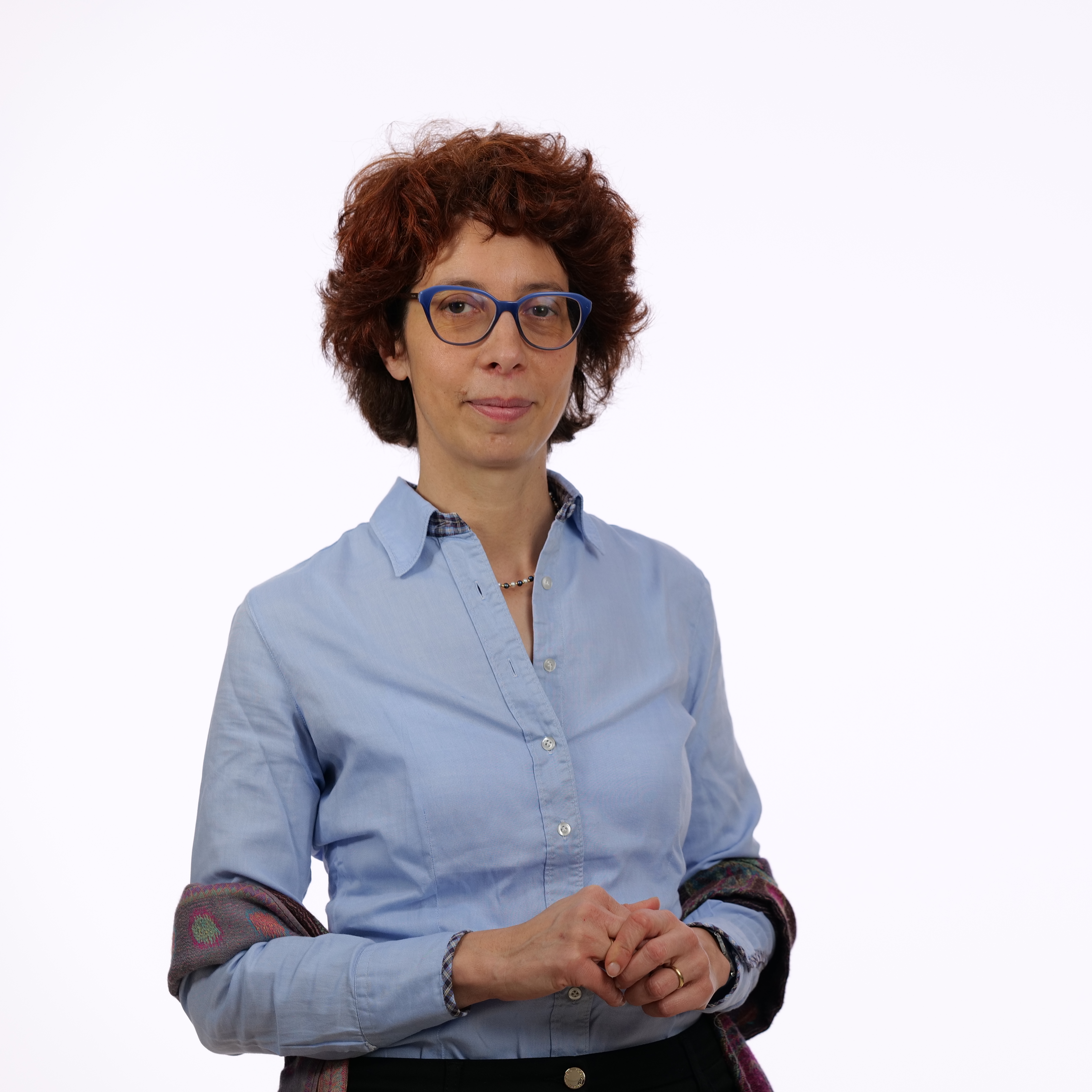
Francesca Concia
Francesca Concia, graduated in Classics, passionate about History, Literature, Art, and above all Knowledge and Learning, has been working at METID since 2001 as a Project Manager in national and international innovative teaching projects. She supervised the course design and coordinated its implementation.
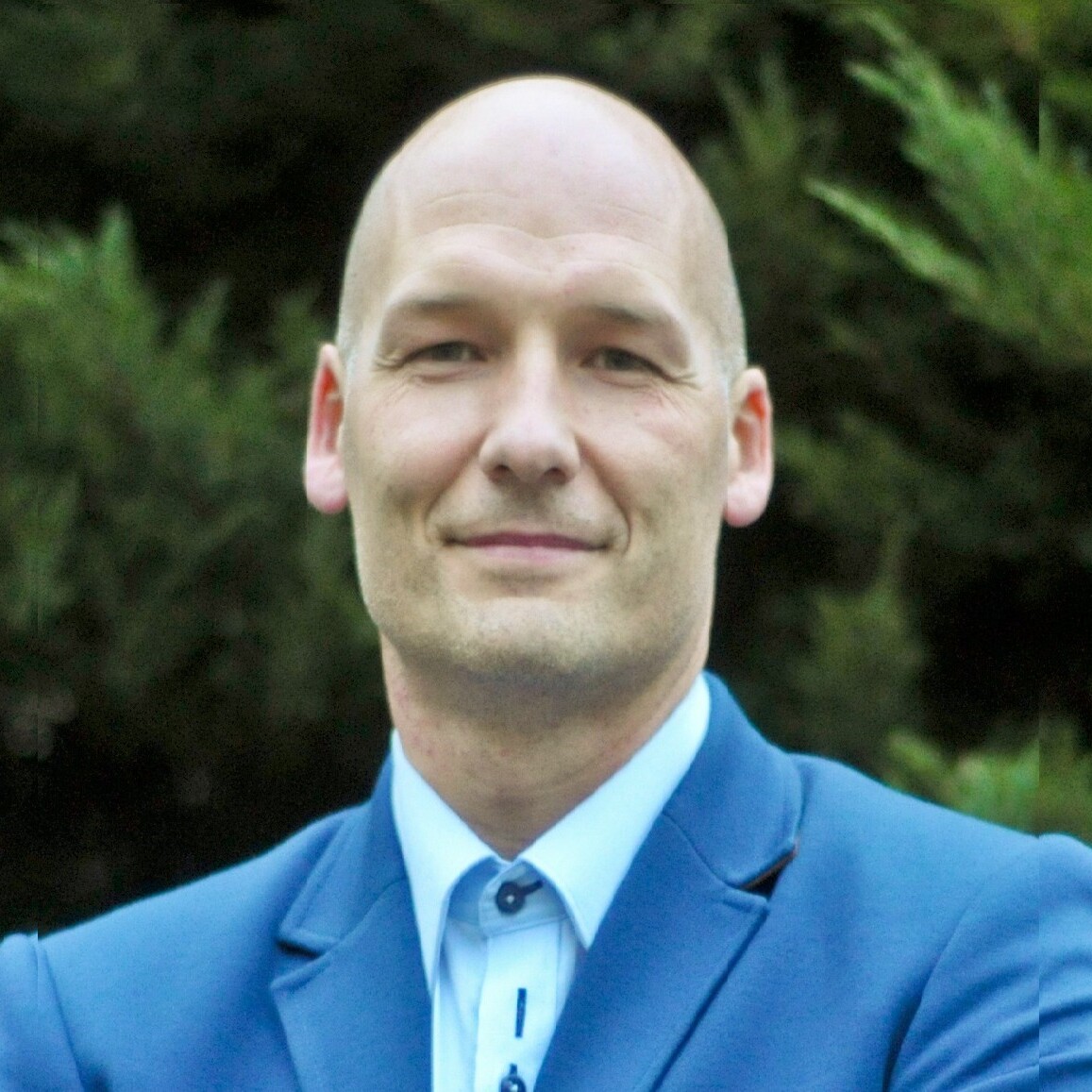
Arkadiusz Dyjakon
Head of the Energy, Environment and Society Centre at the University of Environmental and Life Sciences in Wrocław, Poland, with an international experience. His specialization is the technical, environmental, social and economic aspects of the use of renewable energy sources in practice. He is also a certified tutor for students and PhD students.
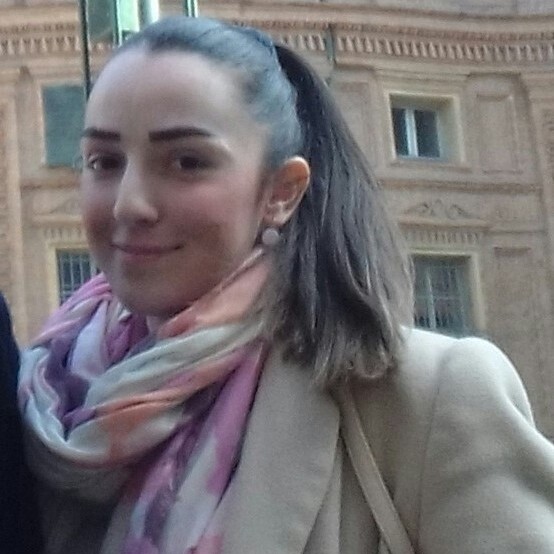
Christina Galani
Political Scientist and Researcher, with previous international experience in EU-funded projects, focused on sustainability, green education and skills, democratic values, and regional development in the Mediterranean and Balkan regions. She currently works as a Project Manager and trainer in implementing Erasmus+ and Horizon Europe funded projects in several fields at Stimmuli for social change, a research organization based in Thessaloniki, Greece.
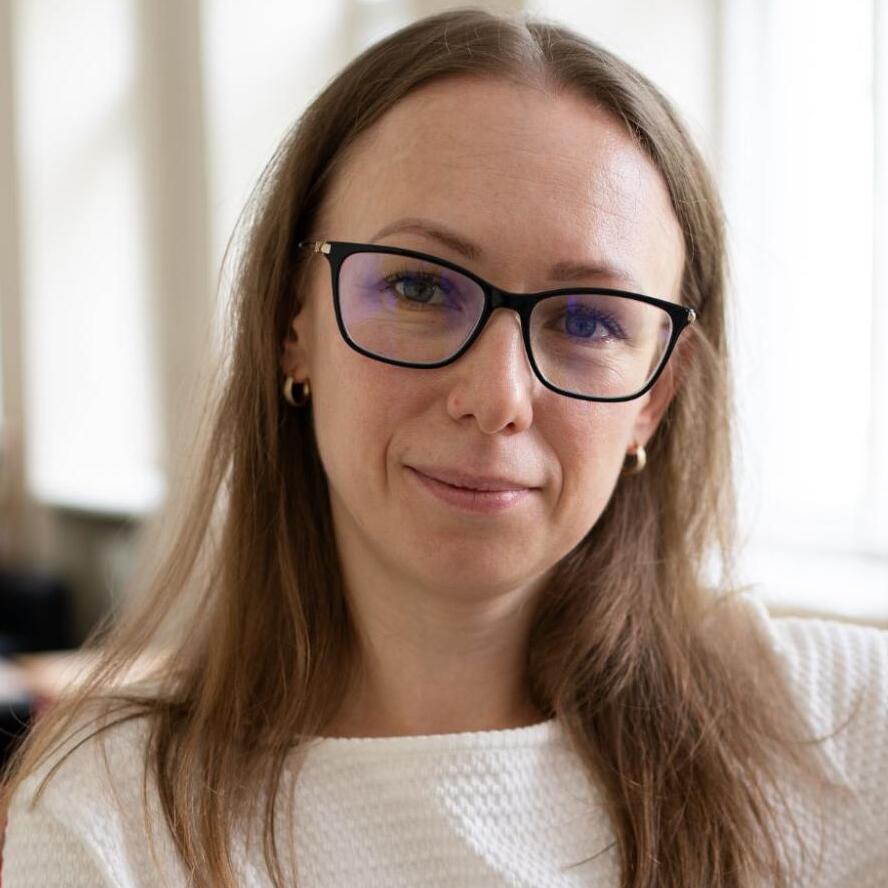
Jurgita Jurkevičienė
Associate Professor, Senior Researcher, and Head of the Communication Study Programmes at Kaunas University of Technology, she is an active member of the research group "Civil Society and Sustainability" and a member of the international network "Communication and Media Studies Research." Jurgita scientific interests include political communication, information and communication media technologies, social welfare, and sustainable development.
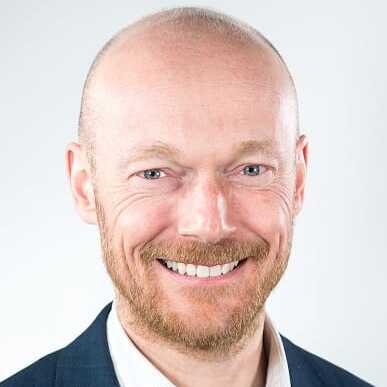
Nicolas Le Grand
MSc in Economics, is a senior lecturer at Turku University of Applied Sciences with extensive experience in teaching and coaching International Business students. He specializes in curriculum development, online course design, and digital pedagogy. In addition to teaching diverse groups of students both online and in-person, Nicolas conducts leadership training for companies, focusing on the development of soft skills in leaders.
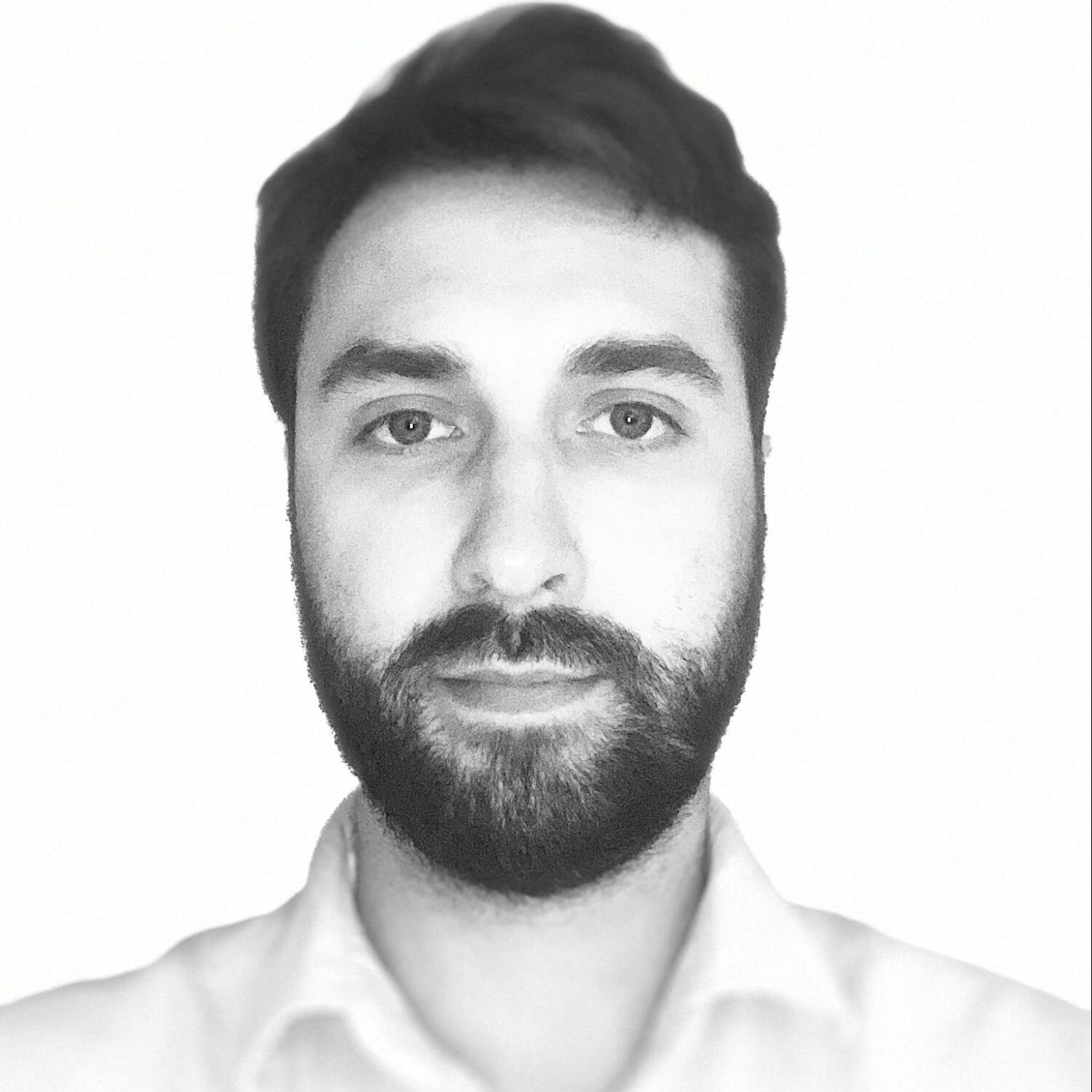
Tomasz Noszczyk
Environmental Specialist in Wroclaw University of Environmental and Life Sciences and Business Development Manager & Project Engineer. He specializes in Sustainable and Energy-efficient Constructions, His research projects currently focus on integrating soft skills and artificial intelligence into university curricula for sustainable economic development and utilization of food waste from school canteens.
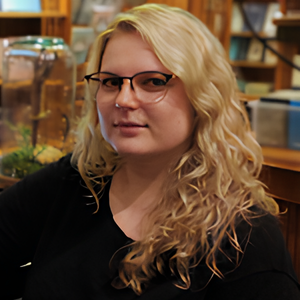
Joana Ramanauskaite
She is an associate professor at the Sustainable Management Research Group of School of Economics and Business at Kaunas University of Technology. Her research focuses on corporate sustainability, sustainability transitions, and quality management. Since 2019, she has been teaching courses on sustainable development and quality management. In addition to her academic work, she participates in local and international study and research projects funded by Erasmus+ and the Research Council of Lithuania and actively prepares proposals for future funding. As a member of the Sustainability Transitions Research Network (STRN), Joana contributes to advancing sustainability practices globally.
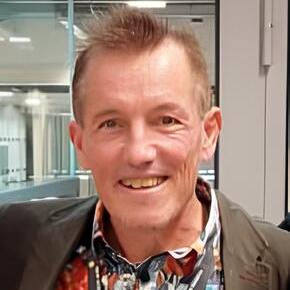
Kai Schleutker
Took his PhD by the research ”Defining, detecting and developing Soft Skills in Business and ICT contetxts”, and holds also Master degrees in Business and Education. He has acted as teacher of Business bachelors at Turku UAS since 2005 and been in key role in developing new learning environments. He is the chief contents officer and manager of various Erasmus projects, and author of a wide range of articles in the Sof Skills topic.
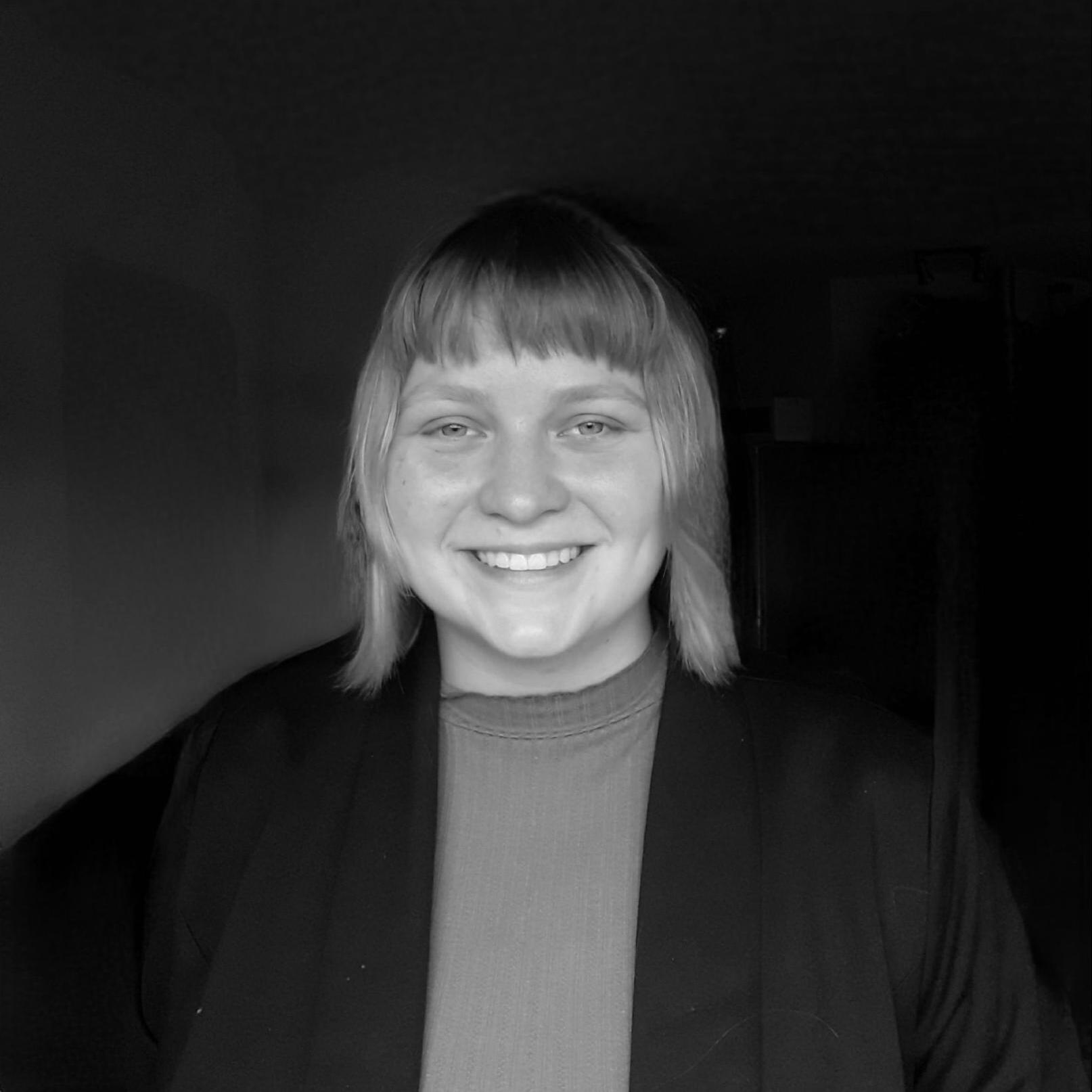
Rūta Sventickytė
Sociologist and Sustainability Researcher at The Critical (Vilnius, Lithuania), she focuses on sustainability and non-formal education, working with both qualitative and quantitative data and methodologies. Rūta works on projects that promote sustainability, educational innovation, and participatory approaches. Currently, she is pursuing a Master’s degree in sociology.
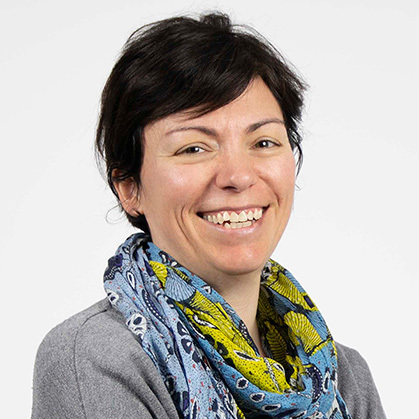
Alessandra Tomasini
Alessandra Tomasini collaborates with METID – Politecnico di Milano from 2007. She is project manager of national and international projects in education contexts with a focus on innovative didactics and instructional design of training paths.
Contact details
If you have any enquiries about the course or if you need technical assistance please contact pok@polimi.it. For further information, see FAQ page.